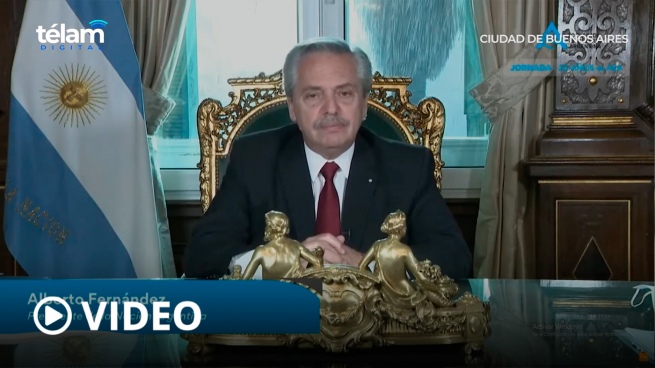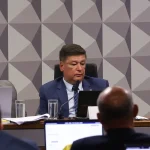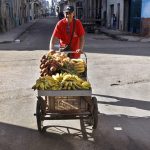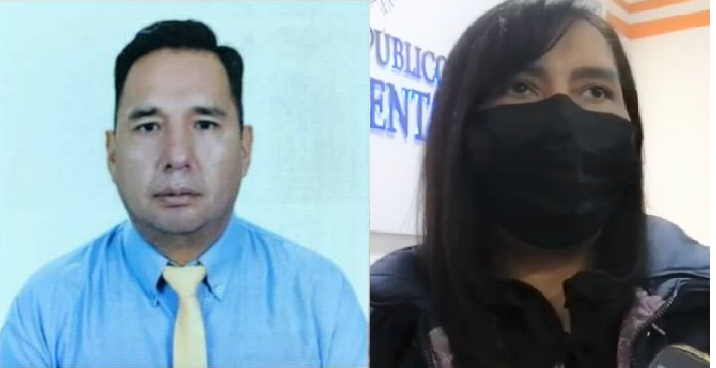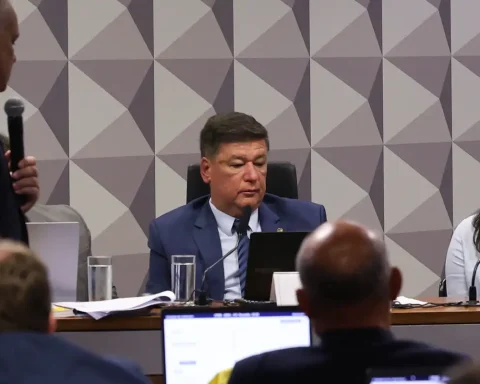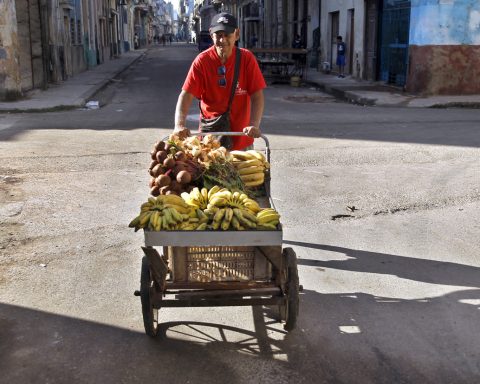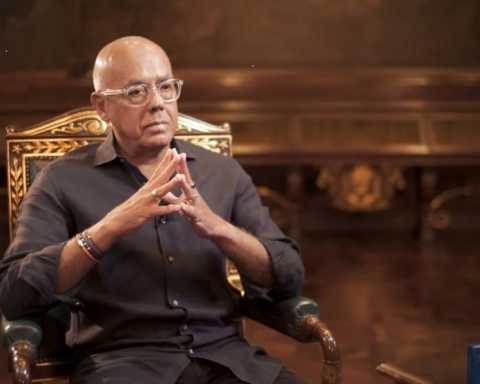President Alberto Fernández stressed on Tuesday that Argentina has a “great future” in the face of the “window of opportunity” that the current world context opened with respect to energy and food, and asked to “adequately regulate the distribution of income” since “a very important number of Argentines have not been able to capture” the “gains that are taking place,” and he called for “responsibility in a context of war.”
In a recorded message that was broadcast during the opening of the meeting by the 20th anniversary of the Argentine Business Association (AEA), the President maintained that Russia’s invasion of Ukraine “is condemning us to a bad present”, but “foreshadows a great future for Argentina”.
“Argentina, if it knows how to take advantage of this window of opportunity, can be a great energy producer,” affirmed the president, who asked to “remove the agribusiness law” since the country can “also be a great food producer.”
Fernandez pointed out that During the coronavirus pandemic, the Government managed to overcome “two very large obstacles: that of the debt with private creditors and that of the debt with the International Monetary Fund.”
“Argentina, if it knows how to take advantage of this window of opportunity, can be a great energy producer”Alberto Fernandez
“In the first case, we guarantee that Argentines save US$ 38,000 million after ten years,” said Fernandez regarding the agreement with private bondholders, while stressing that, with the program with the IMF, “during the next four years we will not have to face any of the obligations that the previous government had contracted”.
In this context, he reiterated that “it would have been impossible” to pay US$19 billion this year “with a war unleashed in the world, which has complicated energy prices and has put the world food system in crisis.”
On the other hand, the head of state emphasized the need to improve income distribution, despite the fact that the economy “continues to generate formal employment in a significant way.”
“We are not happy because there is still a very important number of Argentines who have not managed to capture that advantage, those gains that are taking place”he underlined, while questioning food producers for not “sufficiently decoupling international prices from domestic ones” and not having managed to “associate themselves with all Argentines.”
In this sense, he pointed out that, of the “three pillars” of the government’s economic program, “we have been complying with the increase in production and formal work, but it is costing us a lot to end inequality.”
To this end, the President called “properly regulate the distribution of income” since “that is the task that remains pending for us in the face of a great opportunity that Argentina has for the next ten years.”
Like Fernandez, the president of the AEA, Jaime Camposcalled for “taking advantage of the opportunities that exist in very diverse areas of economic life”, and affirmed that “they have been increased in recent times due to the changes that have taken place in the international system”.
To this end, the businessman demanded “clear rules of the game that provide predictability to investors”, and valued “all the efforts of the political and social leadership aimed at agreeing on State policies”.
“Argentina must recover monetary legitimacy through a broad and consensual macroeconomic agreement,” Campos asserted.
Likewise, he questioned the “price control” policies and the “high tax pressure that the formal sector of the economy must face,” and defined the “proposal for an unexpected income tax” as “a setback.”
